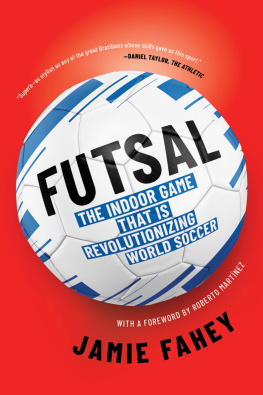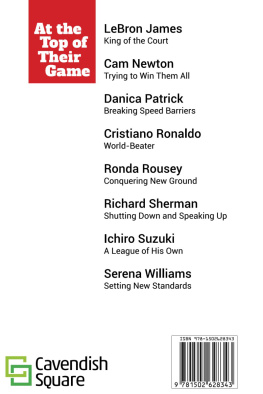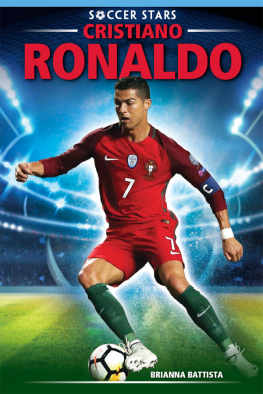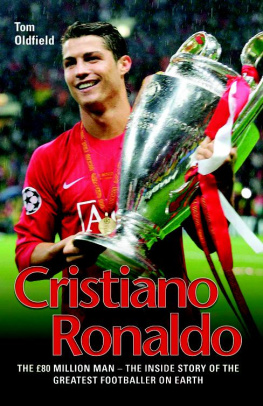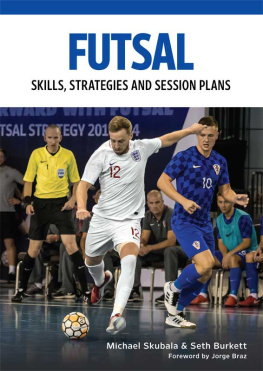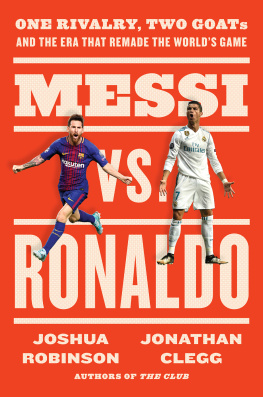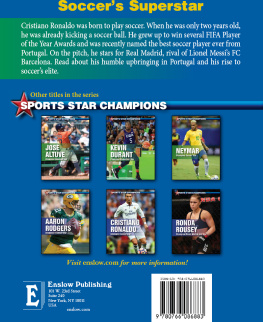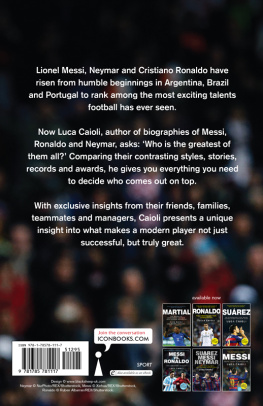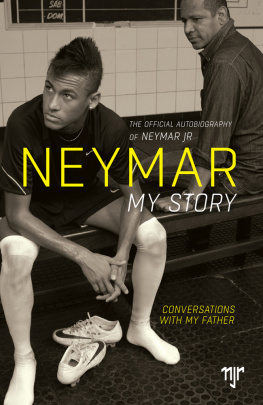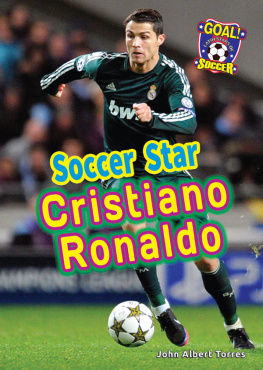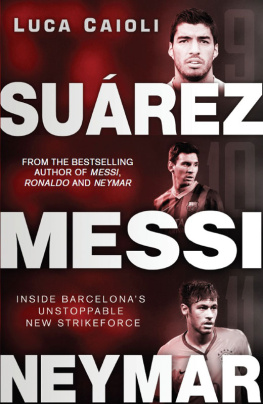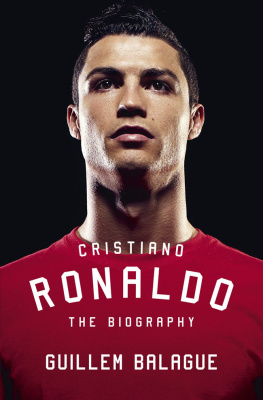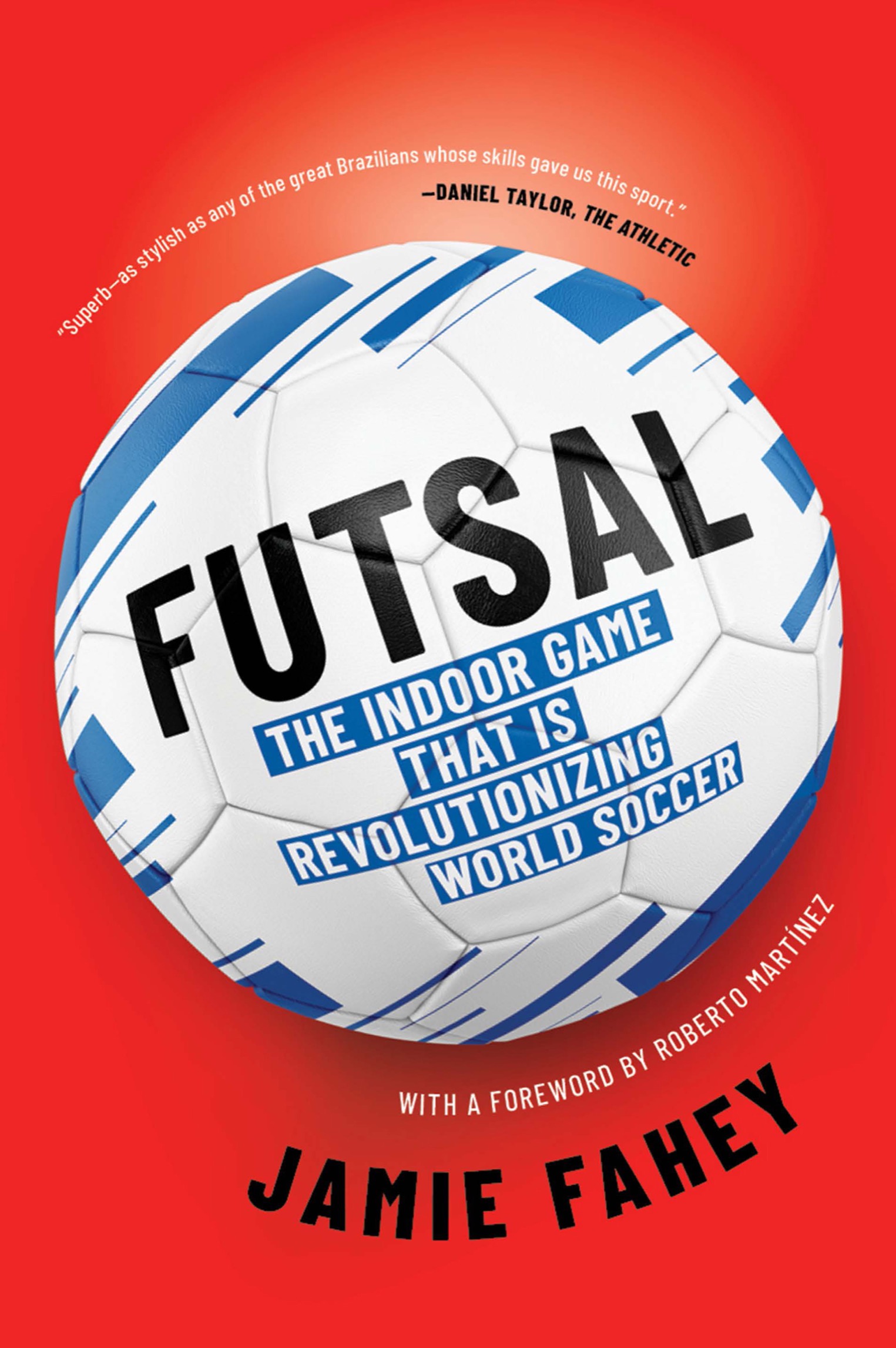CHAPTER 1
MERSEY PARADISE
THE CITY OF Liverpool, a once-mighty port of global significance, was fast becoming a byword for economic and social decay by the time the new prime minister, Margaret Thatcher, took up residence in Downing Street on 4 May 1979. The Conservative leader eulogised about her mission to replace discord with harmony, error with truth and despair with hope. For Liverpool, the despair, error and discord would only grow, in tune with the chaotic surge in unemployment and social stasis that came to define the city in the period between 1972 and 1982, during which it lost a staggering 80,000 jobs. By 1985, six years into what was later revealed by Thatchers chancellor, Geoffrey Howe, to be the managed decline of the city, things had deteriorated. Only one in twenty youngsters aged sixteen managed to become gainfully employed once leaving school in 1985. As the economic storm clouds darkened, Liverpools image as the most significant port in Europe (with all the associated wealth and vibrancy) transformed into one with an altogether less flattering reputation for handouts. The city adopted a new status as a chief recipient of the scheme devised by the European Economic Community to prop up its very poorest regions. Qualification for Objective One grants and funding required the areas per capita GDP to be at or below 75 per cent of the EEC average. An impoverished Liverpool clearly sunk beneath the threshold, and began receiving the handouts from the early 1990s, when I was in my twenties.
Speaking two years after the 1981 flare-up of Liverpools racial and socio-economic troubles in the deprived inner-city district of Toxteth, the MP for Liverpool Mossley Hill issued a plea for help in the House of Commons. David Alton cited mass joblessness as one of the causes of the riots and declared unemployment in Liverpool was worse than ever. The picture is bleak and depressing, he told the Commons. Imagine life in a city where one in five people are on the dole, where half the people in some districts are without a job and where young people face a lifetime without employment. He broke down the stark figures in various districts of the city, including Everton, where I lived: there were 3,795 people unemployed and only thirty-two jobs are available, he said. In 1983, this corrosive social and economic decay, exacerbated by Thatchers free-market fundamentalism complete with conscious neglect of struggling communities provided fertile territory for the seeds of left-wing radicalism to germinate and flourish. The result was a socialist Labour-run city council, whose leader, John Hamilton, and deputy, Derek Hatton, took up the fight against the Tory government. Many in the city craved the sense of defiance and ambition shown by the group; others saw them as renegade infiltrators operating as a militant tendency wing of the Labour party. Democracy prevailed, and a big swing towards Labour in the citys elections put Militant in control on the promise of opposing the huge financial hardship inflicted from Whitehall. I spent my youth amid the turmoil of this era.
I grew up on the streets of the city. We had a council house, yet the citys streets and the freedom they brought were where I truly flourished. In the district of Everton, where Alton noted there were more than a hundred unemployed people for every job vacancy, things were on the up in one significant way: football. Liverpool FCs dominance from the mid-1970s onwards was complemented by Evertons purple patch in the mid-1980s. Throughout this time, the citys streets were the place to be if you loved football, that is. Kicking a ball about offered a simple and effective remedy for the stresses of the day. So too did watching our heroes. The author David Goldblatt sums up its relevance in the city in The Game of Our Lives: The Meaning and Making of English Football, his book deconstructing the social and sporting context of football in England: Football offered a parallel universe of success alongside the otherwise vertiginous urban decline of the city.
My family was typical. Both parents boasted Irish ancestry, like almost everyone else in the city. My dad, Lenny, was jobless, like almost everyone else in the city. My mum, Kathleen, busied herself as a mum. Meanwhile, my older brother, Tony, played football with me whenever and wherever we could. It was our release, our freedom, our mode of expression. In 1971, the year I was born, my dad was laid off from the citys sprawling docks. He never again had a legitimate job. In and out of work, sometimes as a mechanic, usually a labourer of some sort. Brickie, plasterer, joiner, roofer, digger of holes, knocker down of walls. A master of all trades. A labourer touting his skills for a pittance in the shadow economy seemingly the only jobs available to many people in a city whose industries were being hollowed out before their very eyes. I recall many days in the late 1970s, me and my brother trawling along with my dad while he went on a message. Always walking, sometimes with my younger sisters, Kathy and Carla. Days off school were devoted to football in the street or walking with my dad. Generally in the rain. It rains a lot in Liverpool. Head down, busy with unstated intent, Dad skittled along a touch faster than our comfortable half-jog, but too slow for us to run steadily to keep up. Flushed and with furrowed brows, wed try to keep pace, slightly out of breath, pausing only occasionally when he stopped to light up a cigarette or let on briefly to someone he knew. As for buses? Never. Do you think Im made of money? Itll only take us half an hour was the usual response.
Our solution was simple: we took a ball. Dribbling it along the streets and pavements, dodging the obstacles thrown up by daily urban life: stationary bins, bollards, bus stops and lamp posts, barking dogs, distracted and shuffling pedestrians with messages on their minds. One-twos and passing games gave way to an occasional one-v-one when we spied a goal ahead. Approaching bus stops triggered a fight to keep possession until we got close enough to hammer a shot at the vertical screens often of glass, usually mixed concrete slabs or metal surrounding the gaggle of uninterested faces sheltering patiently from the drizzle while awaiting a number seventy-five bus to Huyton or an eighteen to Croxteth. Usually my dad was on a mission to see his erstwhile employer a tall, gangly, awkward-looking fella known simply as The Shiteman, with a forced, rictus grin. If Shitey had any work for him, we would then loiter for a few hours, generally at a semi-derelict garage in Everton, a windy and rainswept renovation project at one of the grandly down-at-heel Edwardian mansions surrounding Newsham Park, or the shell of a terraced house anywhere in the Anfield or Kensington areas. Going cards in with a reputable employer never seemed a viable option, when I look back now. It was about survival, about getting by; sometimes he signed on, often he didnt. It was consistently turbulent, usually chaotic. Money and hope were in short supply, a bit like the sunshine over the drizzly Mersey.
Despite these material hardships, we didnt feel poor. Far from it. We were suffused with commonality, brimming with solidarity, sharing a steely confidence in knowing who we were and what we did. The two postcodes we lived in while growing up (we moved a quarter of a mile closer to Anfield and Goodison Park when I was seventeen) have been firmly entrenched in the most deprived 0.1 per cent of England since the official Indices of Multiple Deprivation were first mapped in England in the early 2000s. Back in the 1970s and 1980s when relative deprivation wasnt deemed worthy of measurement it was exactly the same, but it hardly occupied my mind. Ive long wondered whether this is me peering through rosetinted glasses. Yet we were all in the same boat; if others had more money than us, we didnt know it. So how could we feel deprived? Why in that case would we feel second-class? The flipside of this sociological coin, however, was that we didnt appreciate how rich we were either. The wealth of opportunities to play was striking, on reflection because the licence to do so is something too many children in subsequent UK generations no longer enjoy.

